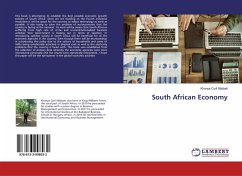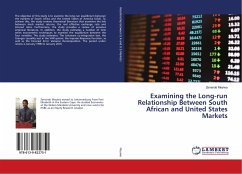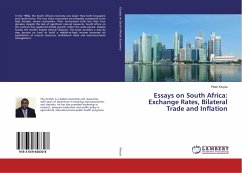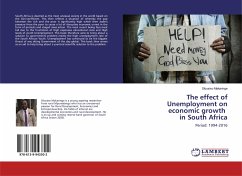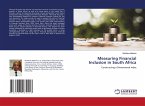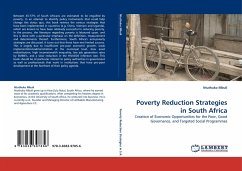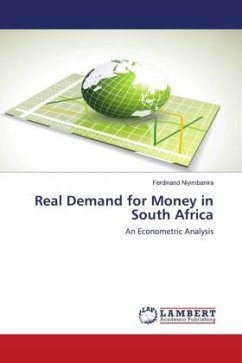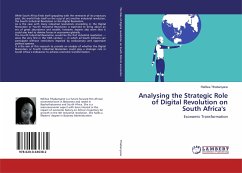This book is attempting to establish the best possible economic growth policies of South Africa. Since we are heading to the Fourth industrial revolution it will be good for the country to adopt technology as early as possible. It also trying to solve the problem of socioeconomic that the country is facing at the moment. As most will be aware that South Africa is suffering from high rate of crime and unconstitutionalised business activities that Government is missing out in terms of taxation. In introducing cashless society in South Africa will be beneficial for all the economic agencies in the country. Even though there will be shortcomings in introducing this policy due to the culture of households and some of SMEs being emotionally attached in physical cash as well as the electricity problems that the country is faced with. This book was established from the collection of primary data whereby the economic agencies were were interviewed personally and the results were statistically interpreted. I hope this paper will be the eye-opener in the global economic activities.
Bitte wählen Sie Ihr Anliegen aus.
Rechnungen
Retourenschein anfordern
Bestellstatus
Storno

